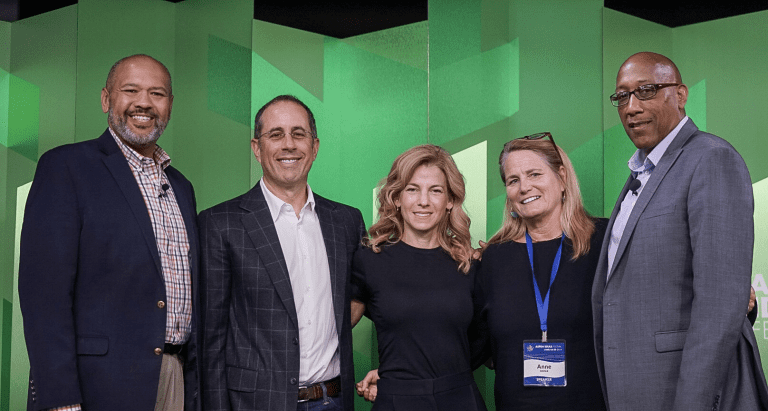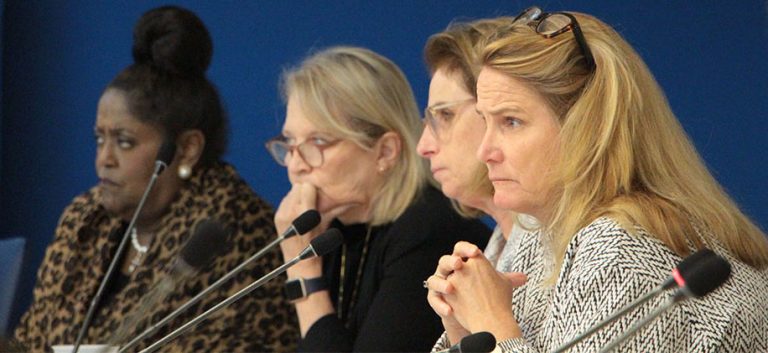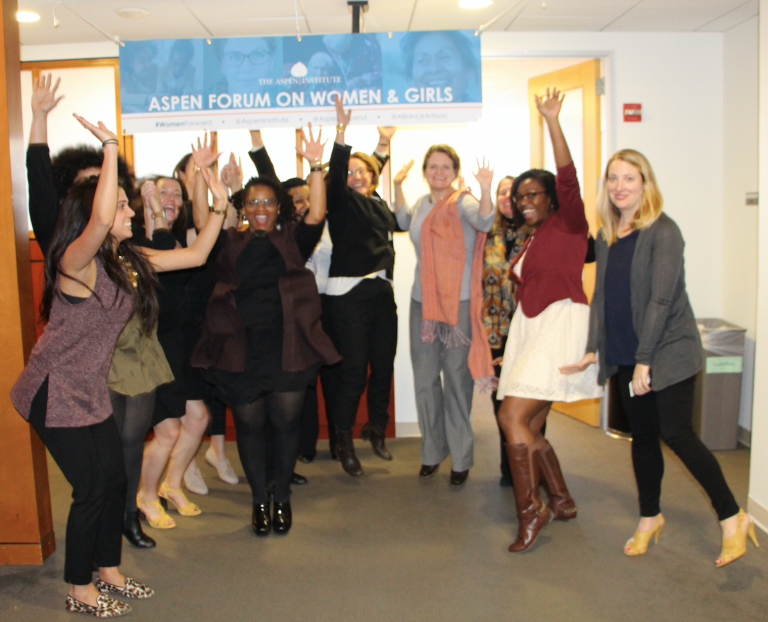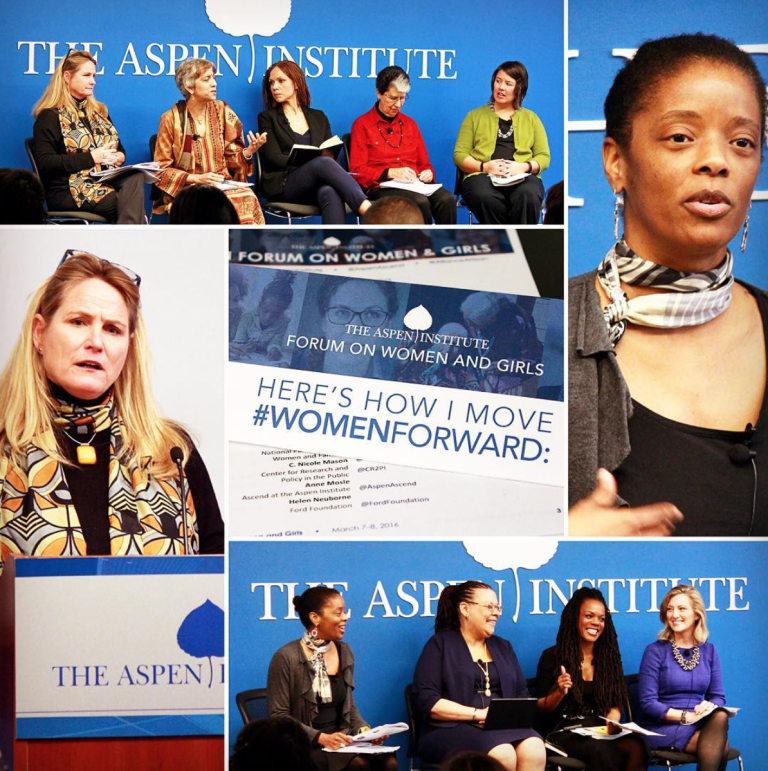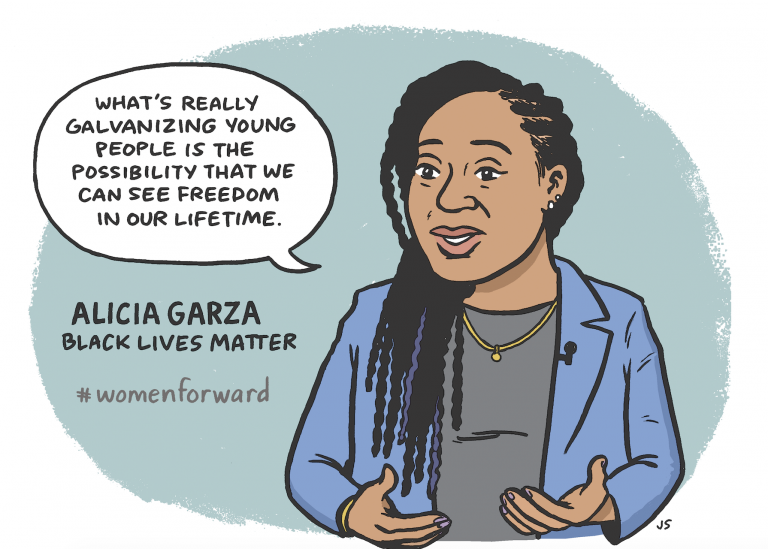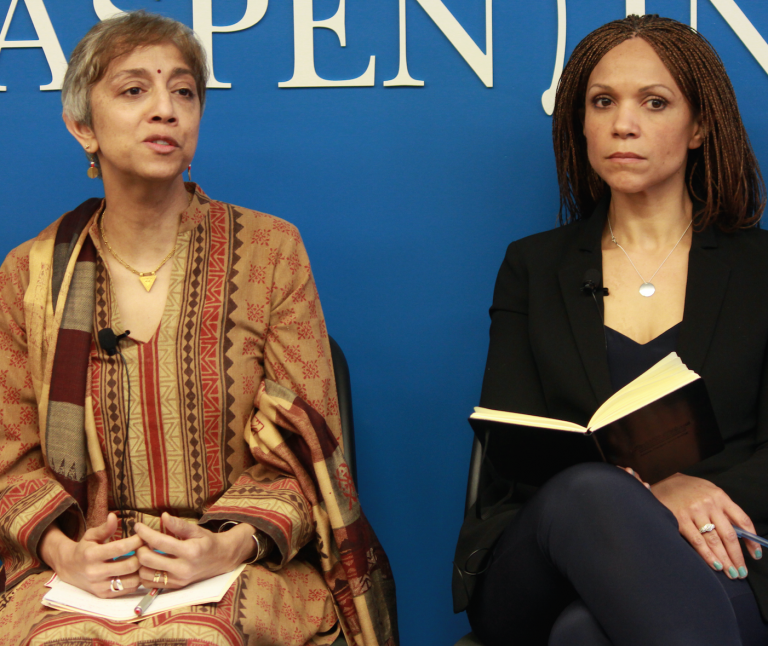Centering Black Women in Our Economic Recovery
Racial and gender injustice have created barriers preventing women of color from accessing quality jobs and the right to equitable healthcare long before the pandemic. Following Covid-19, these challenges have been exacerbated. We see this materialized in disproportionate unemployment rates and racial maternal health disparities, particularly for Black women. Although Black women continue to make significant contributions to their families and society, including being the top breadwinners and the most educated demographic earning a postsecondary education, the road to economic recovery and well-being is still further from their reach than their counterparts.
As a Black woman, when reflecting on these stark statistics that would limit me from living an economically abundant and full life, I can’t help but think about how to solve these issues because my life and the lives of generations after me depend on it. To do so, first we must acknowledge structural barriers at the intersection of race and gender and their compounding effects that perpetuate economic inequities. Next, beyond recovery, we must commit to taking bold action to transform and lead systems that do not leave Black women and their families behind.
Throughout last year, it was tough not to be reminded of these inequities and structural shortcomings. But through my work on the inaugural season of our AscendTogether webcast, I learned about potential solutions to these social justice issues as we invited policy, philanthropic, and systems change leaders to virtual conversations about creating more equitable pathways for families to achieve economic mobility.
For each of the five episodes in the series, Ascend’s Executive Director and the Aspen Forum on Women and Girls’ co-chair, Anne Mosle, invited courageous changemakers to share how they were creating and seizing opportunities to transform policies, systems and public conversation. Rooted in equity, Anne set the table for leaders from all levels – from community-based pioneers to C-suite managers and White House cabinet members – to amplify their big ideas for just and equitable family well-being and economic mobility.
For me, the final episode of the season was one of the most powerful and compelling as it highlighted The White House Gender Policy Council’s release of the National Strategy for Gender Equity and Equality. This document is the United States government’s first policy plan to address gender inequality and presents a once-in-a-generation opportunity to ensure that all women benefit from its full and equitable implementation.
The National Strategy on Gender Equity and Equality sets forth ten interconnected priorities and brings close attention and an ambitious yet pragmatic whole-of-government approach to addressing systemic barriers and discrimination that disproportionately impact women, girls, working families, and LGBTQI+ communities. The strategy by design covers domestic and foreign policy in its scope and, importantly, is grounded in an intersectional approach. From our work at Ascend with transformational leaders in communities across the U.S., we see time and again that an intersectional lens, one that sharpens the focus on the connections between race, gender, and class can reveal new paths to economic mobility and family well-being.
For this briefing, Anne Mosle sat down with Jennifer Klein (Co-Chair, White House Gender Policy Council), and Wendy Chun-Hoon (Director, U.S. Department of Labor Women’s Bureau). In addition, to share a local implementation perspective, Ascend Fellow Dr. Aisha Nyandoro (CEO, Springboard to Opportunities) joined the discussion and brought in the voices of the women and families she serves as well as SOAR Fellow Rebecca Dixon, Executive Director of the National Employment Law Project, an expert on economic policies and obstacles women face in the workplace. Over 600 advocates from around the country, working at every level of policy and advocacy for women and families, tuned in and participated to learn more.
As our country continues to grapple with aftershocks of the pandemic, Black women continue to be among the communities most impacted. The intersectional approach of the National Strategy is designed to address this, but it will also require leadership across generations, geography, gender and sectors for it to be equitably implemented. The power and leadership present during the episode was palpable, and I was left inspired by our panel’s insights and the questions from the audience. To continue building on the discussion, we are sharing a few suggested resources at the end of this post that address key themes raised by the audience questions. From opportunities to develop women’s leadership across sectors, to creating pathways for women’s economic security and building and sustaining an infrastructure that supports women’s caregiving responsibilities, leaders across the country are eager and poised to transform systems and implement policies and practices that keep racial and gender justice at the center.
I hope you take a listen and join the action as we chart a present and future that is equitable for women, girls, and their families, together. Here are some of the highlights of the wisdom they shared:
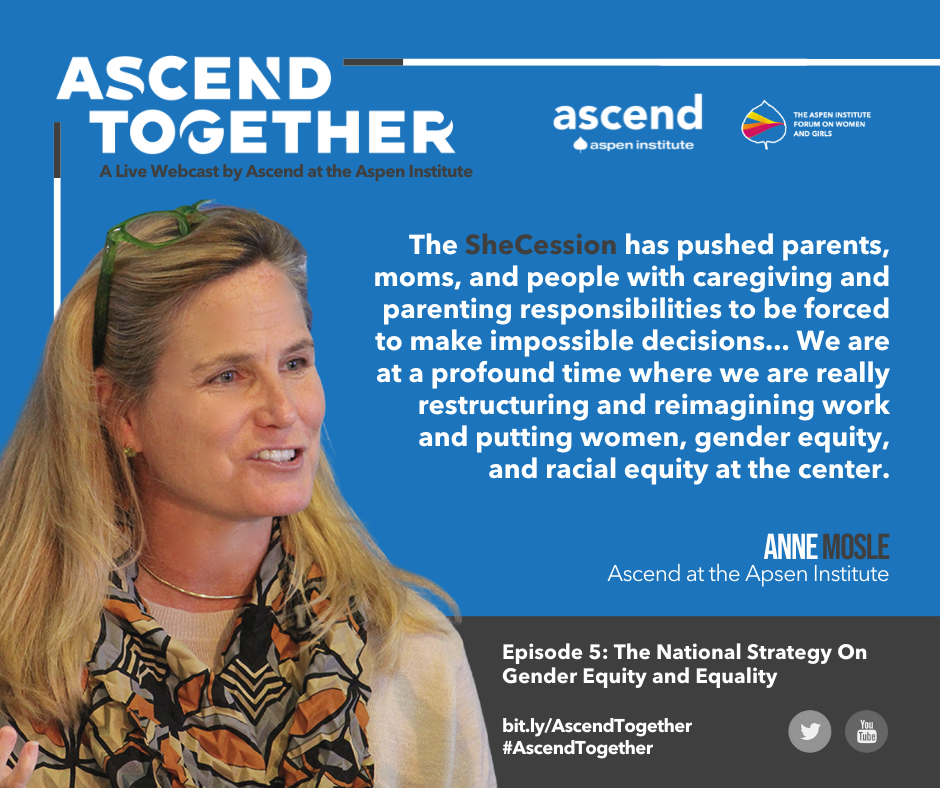

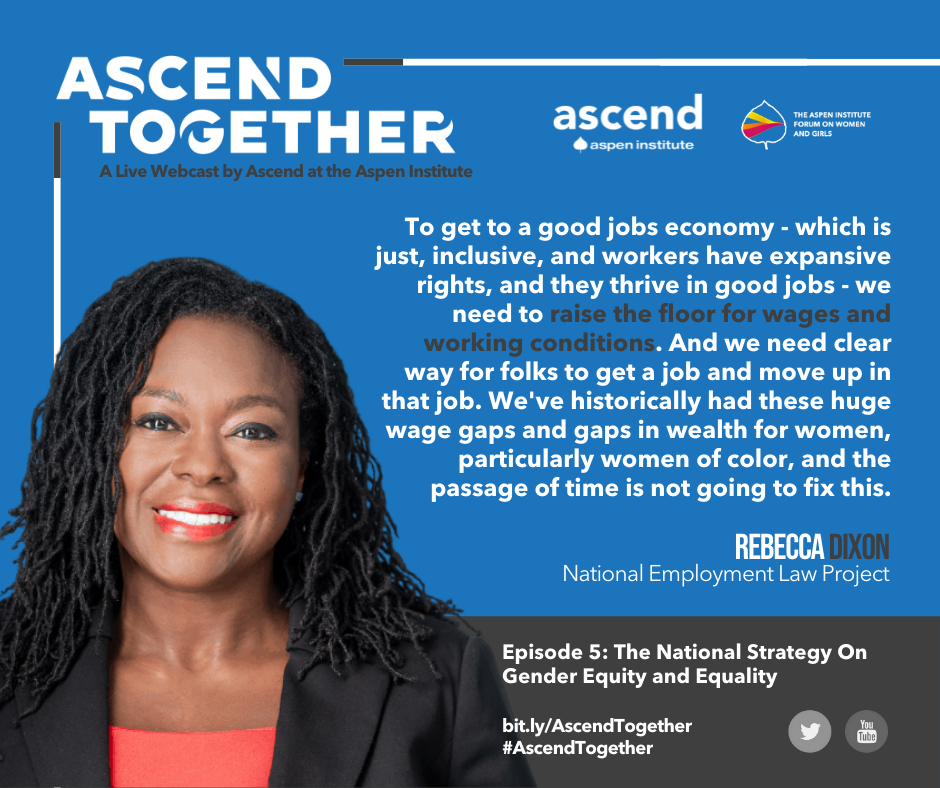



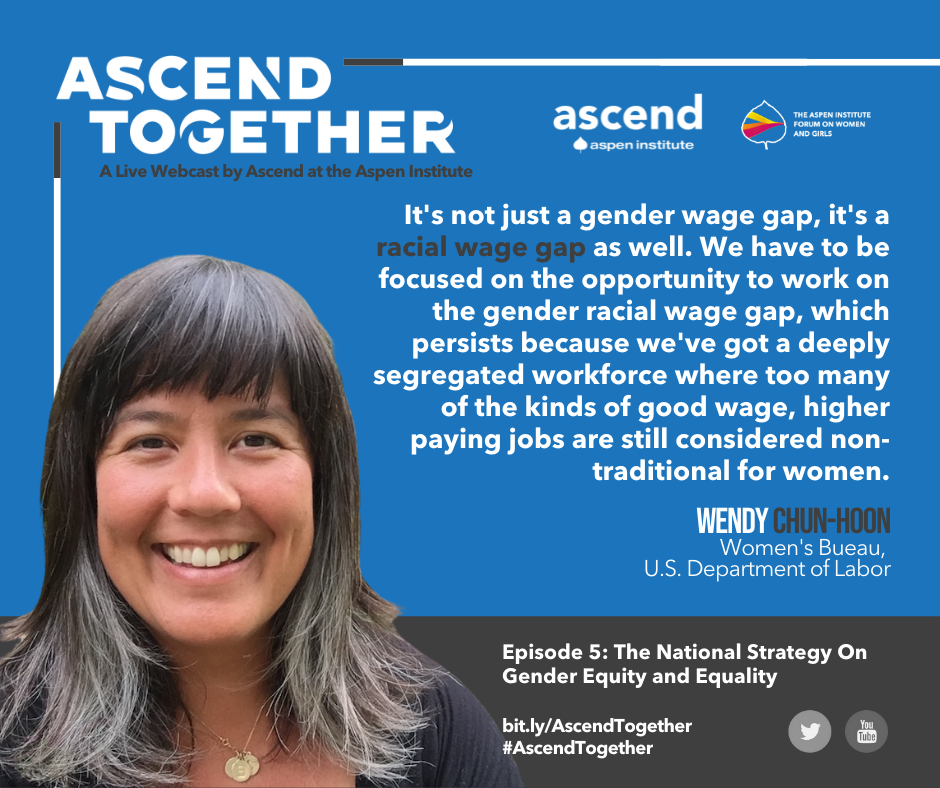

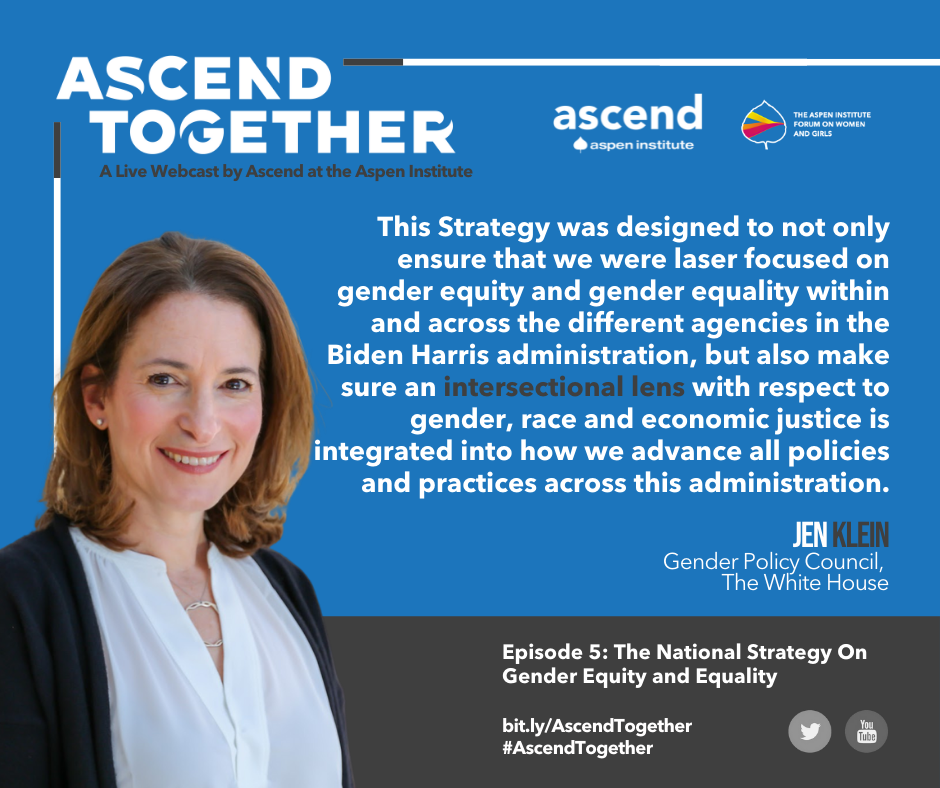

RESOURCES
Women’s Economic Security & Education:
- Waukecha Wilkerson on the 1 in 5 Podcast
- An Economy for All: Building a “Black Women Best” Legislative Agenda – a report by the Congressional Caucus on Black Women and Girls
Health, Safety & Well-being:
- The Federal Role in Addressing Racial Disparities in Maternal Health, US Commission on Civil Rights
Media:
- Working Together to Reduce Gender-Based Violence Here and Around the World, Allison Randall, US Department of Justice Office on Violence Against Women
- What If…? Safety Handbook for Women Journalists, International Association in Radio and Television
Equity, Equality, Inclusion & Leadership:
- Undeniable and Unmatched: The Power of Women’s Leadership
- And/Or: A Guide to Gender Identity Terms, NPR
Related Posts


